


The heart of the Ukranian Christian church missionary enterprise is to cross borders instead of erecting them and we in the rest of Europe must support them.
.jpg)
The Russian Orthodox leader, Patriarch Kirill, defines Russki Mir as a “special civilization which needs to be preserved”. He has become the main promoter of this nationalist idea.
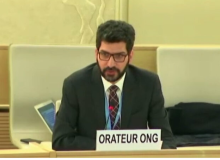
Evangelicals at the UN Human Rights Council also asked the Greek government to look for alternative religious education classes for non-Orthodox students.
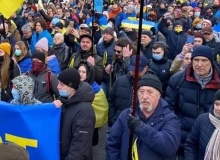
Putin’s messianic pretensions as saviour of Russian civilisation have deep religious and historical roots. Yet our western secular world tends to filter out religion and pre-Enlightenment history as irrelevant.

The Holy Synod of the Greek Orthodox Church pointed out in a statement that they “support the government’s efforts to battle the resurging pandemic”.
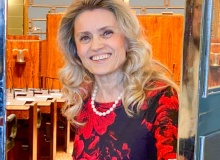
The trial against the Christian parliamentarian charged with “ethnic agitation” against homosexuals will start in January.
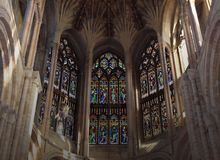
Church trends in the 21st century.
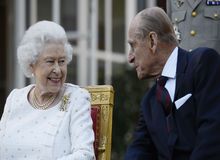
Prince Philip died at the age of 99. “He was extremely interested in theology”. Many religious leaders showed their condolences and highlighted his faith.
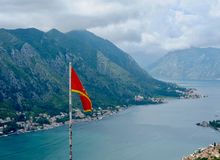
For the first time in Montenegro's history, the ruling party has lost its majority due to a confrontation with the Orthodox Church. Evangelical Christian Danijel Petkovski analyses the current situation in this small Balkan country.
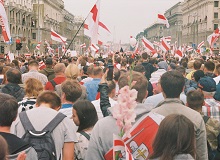
A group of concerned pastors from 50 churches published an “Open letter to the Belarusian people”. They address political leaders, warn them of any misuse of power, and point towards the ultimate responsibility of all Belarusians before God.

“Faith shows that there is more than the current situation”, Bavaria's Prime Minister Markus Söder, said during the “Germany prays together” online event.

Jean-Luc Ziehli, President of the Swiss Evangelical Alliance (RES) will represent the Swiss evangelicals, who have been invited to the Council for a probationary period.

“Mariology stands at the core of Roman Catholic doctrine and practice and is not a secondary issue”, says evangelical theologian in Rome Leonardo De Chirico.

Most administrative prosecutions end in punishment. Many are prosecuted for sharing their faith on the street. “Believers go out to share their faith less often, and give out publications or invitations less openly”.

Under the decree of autocephaly, the new church’s jurisdiction will be restricted to Ukraine. The Russian Orthodox Church reacts: “It is the result of political and personal ambitions”.

There are 4,238 evangelical places of worship in the country. Evangelical Christians are the religious minority with the greatest presence in the country.

On its last work day of 2018, the Bulgarian Parliament voted amendments in the nation’s Religious Denominations Act. A number of problematic provisions were pulled out of draft following local protests and international pressure.

According to the government, 508 Coptic, Orthodox, Protestant, and Catholic churches have received its approval since February. At the same time, eleven churches were shut down.

There have been repeated raids on churches by the Luhansk People's Republic. Authorities announced the ban of the “destructive activity of the extremist Ukrainian Union of Evangelical Churches”.

Joanne Appleton talks about nominalism with three attendees at the Lausanne Rome consultation: Tim Grass, Jaume Llenas and Olof Edsinger.

An interview with Lars Dahle, member of the steering group of the Lausanne Movement 2018 Global Consultation on Nominal Christianity.

An interview with Lars Dahle, of the Steering Committee of the Lausanne Movement Global Consultation on Nominal Christianity held in Rome.

All ministers of faith minorities representing less than 1% of the population “would be required to be Bulgarian citizens, having graduated theology in this country”, explains Vlady Raichinov, Vice President of the Bulgarian Evangelical Alliance.

The president got 75% of the votes, his biggest electoral victory. The future of religious freedom for the evangelical minorities is very much dependent on the course of East-West relations.

Polls say the President will win again with at least 70% of the vote. Evangelicals hope the state’s efforts to stengthen national unity will not further restrict the freedoms of faith minorities.

Las opiniones vertidas por nuestros colaboradores se realizan a nivel personal, pudiendo coincidir o no con la postura de la dirección de Protestante Digital.